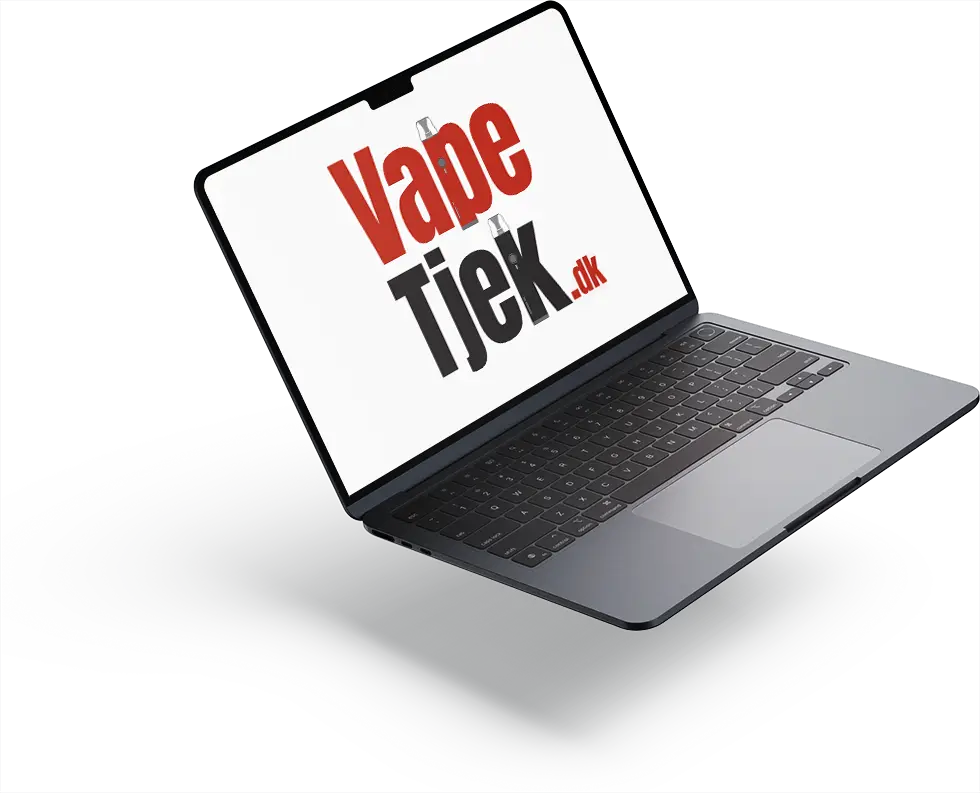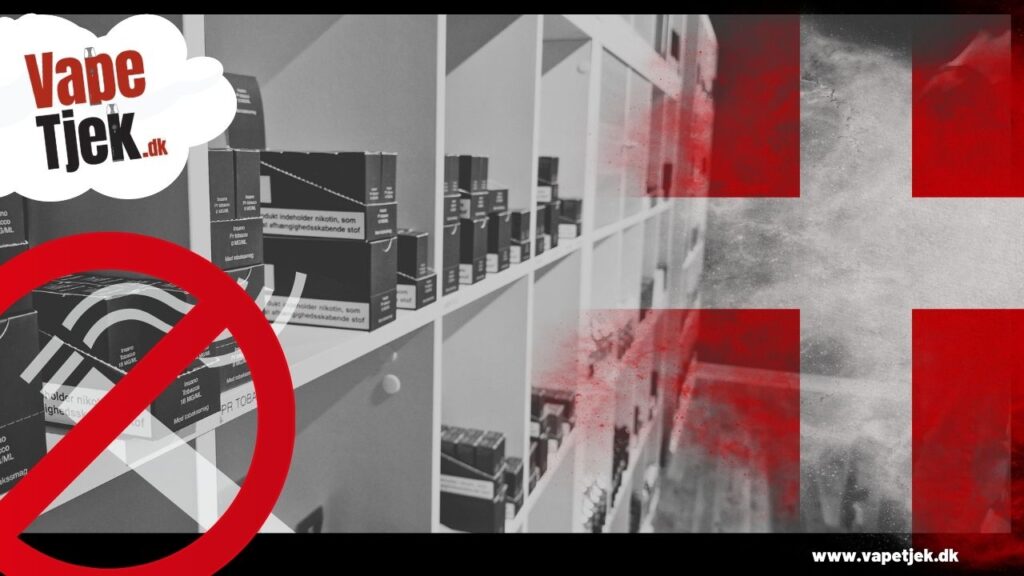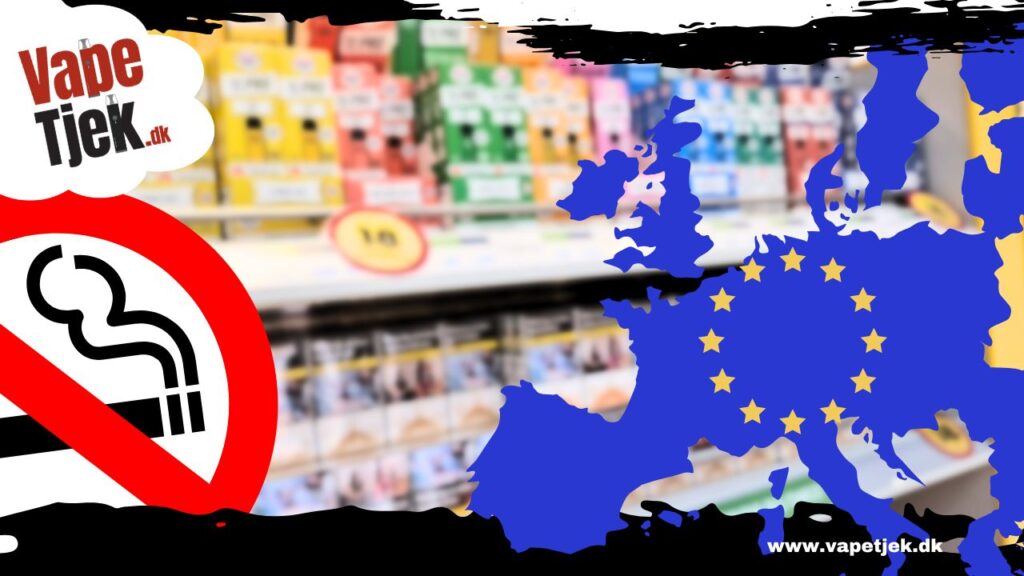Tobacco giant Philip Morris International, which now owns and operates under the name Swedish Match in Sweden and the US, is experiencing a significant share jump. This comes after the company received a science-based approval to continue selling the white snuff brand ZYN in the US. At the same time, the company reports an unexpected increase in earnings and in particular a 40 per cent increase in sales of nicotine pouches.
A few weeks before the quarterly report, the US Food and Drug Administration (FDA) announced that the white snus ZYN has officially been authorised for sale in the country. The so-called PMTA process has been lengthy, but PMI has been allowed to sell the products during the waiting period. Now the final decision has been made.
"To obtain marketing authorisation, the FDA must have sufficient evidence that the new products provide greater public health benefits than risks," said Matthew Farrelly, Director of the Office of Science at the FDA's Center for Tobacco Products, in a press release. "In this case, the data show that these nicotine pouches meet this standard by benefiting adults who have previously used cigarettes and/or smokeless tobacco products and who switch completely to these products."
Complex authorisation system
The US approval system for nicotine products differs from the European system in that each product variant must go through an individual assessment before the authorities grant authorisation. The EU model is based on a general product standard with specific requirements. The EU Tobacco Control Directive (TPD) sets the requirements for smoking tobacco and e-cigarettes, but does not yet cover nicotine pouches.
In the US, however, each strength and flavour of a nicotine pouch or e-liquid must go through a separate approval process. Companies must provide research, test results and studies that show that the products are "fit for market" in a so-called PMTA application to the FDA. The cost of this process is borne solely by the companies and often amounts to several million dollars per product.
Particularly difficult for small businesses
Critics believe that this system has severely limited the ability of small and medium-sized companies to get their products authorised in the US. Today, it is primarily large tobacco companies that have been authorised to be on the market. At the same time, the system means that most cigarette brands have long since been approved, while new variants are regularly authorised.
In the ten years the legislation has been in place, some thirty e-cigarette models (disposable and pre-filled pod systems) have been authorised. All of these are produced by tobacco companies and only come in flavours with either artificial tobacco or menthol flavours. In contrast, ZYN's nicotine pouches have been approved to be sold in multiple flavours, including fruit and mint.
"FDA decision is crucial for the future of nicotine pouches"
So says Markus Lindblad, Head of Communications at Haypp Group and Swedish Snusbolaget, which sells nicotine pouches on the US market.
Scientific recognition of harm reduction
According to Markus Lindblad, the decision will strengthen the case for more harm reduction measures in the nicotine market.
"The health risks of nicotine pouches have now been assessed against their harm reduction potential through a thorough scientific review. A similar assessment was recently conducted in Germany, and overall this is scientific recognition of something we in the industry have known for a long time: smokeless nicotine is significantly less harmful than smoking, and it is crucial that smokers are empowered to make informed choices about their nicotine use," says Markus Lindblad to Vejpkollen.
"Making a difference for public health"
PMI also sees the decision as a victory. The company acquired Swedish Match in 2022, giving it access to a wide range of snus and nicotine pouches. Tom Hayes, CEO of Swedish Match North America, says:
"About 45 million Americans regularly use nicotine, and about 30 million of them smoke, which is the most harmful form of nicotine use. The FDA's decision recognises the role ZYN can play in protecting public health by helping people switch from cigarettes and other traditional tobacco products," said Tom Hayes in a press release.










